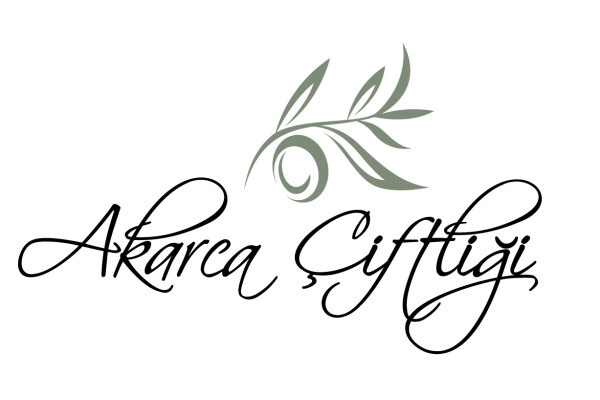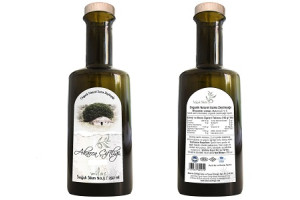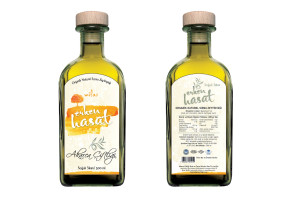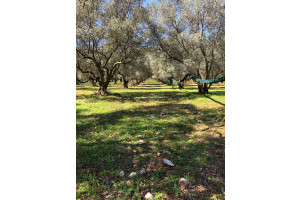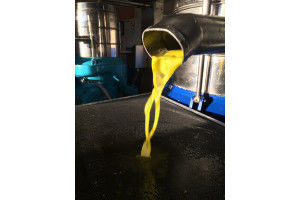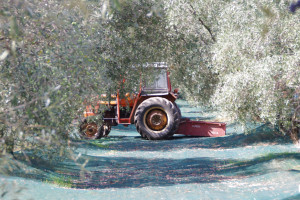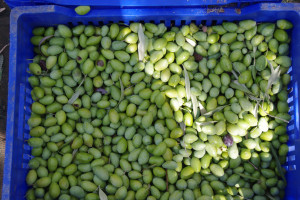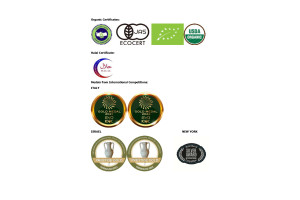Main products:
Organic or Conventional (non-organic) High-Quality Extra Virgin Olive Oil
Organic Table Olives
Organic Sliced Dried Figs in Organic Virgin Oil
Products in which the main ingredient is Olive Leaf Extract (e.g. olive leaf extract mouth spray)
Products in which the main ingredient is olive oil (e.g. organic olive oil soap)
Squalene Skin Products (in which squalene is extracted from olive oil)
Olive Tea (Made from olive tree leaves)
